ADB Projects 4.9% Growth and Slowing Inflation in People's Republic of China
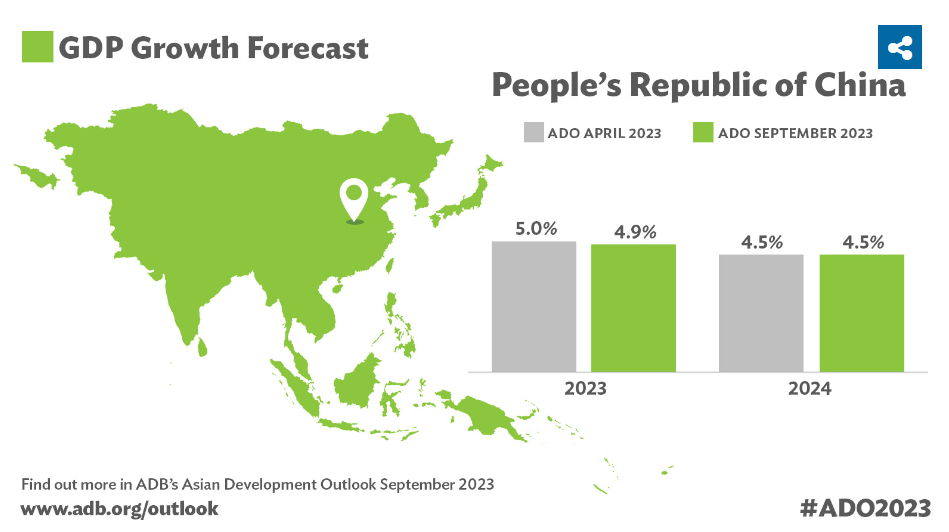
Projected economic growth in the People's Republic of China (PRC) this year has been revised to 4.9%, consistent with the government's target of around 5%, according to a report by the Asian Development Bank (ADB).
The projection has been lowered marginally from a 5.0% forecast in April, amid softer global demand for Chinese exports and corrections in the property market. Growth is expected to moderate in the second half of this year before easing to 4.5% next year, according to Asian Development Outlook (ADO) September 2023, released today.
“The economy rebounded in the first half of this year, benefiting from the lifting of COVID-19 restrictions,” said ADB Country Director for the PRC Safdar Parvez. “Household income and retail sales grew, and the growth contribution of the service sector improved. But risks to the outlook are both domestic and external, including managing fragile consumer and investor sentiment, as well as adjustments in the housing market and softening demand for the PRC's exports, which could slow the economic recovery. Possible external risks also include renewed energy and food security challenges brought, fragmentation in the global economy, and changing weather patterns, including a forecast of El Niño in the second half of this year.”
Inflation is now projected to slow more than previously forecast, in line with weaker-than-expected domestic demand and softer global commodity prices. The forecast for consumer price inflation is revised down to 0.7% this year but remains at 2.0% next year.
Domestic demand should continue to improve in the second half of this year, but at a slower pace. Growth in manufacturing investment is expected to moderate, while infrastructure investment is likely to remain solid because of supportive government policies. As external trade weakens, slowing net exports will remain a drag on growth. Consumption, meanwhile, should continue to recover.
Fiscal policy is expected to remain supportive for the rest of the year, as the government may increase the amount of credit offered by policy banks and use central bank lending facilities to support economic recovery. Monetary policy is also expected to continue to support recovery. Enabled by modest domestic inflation, a reduction in the required reserve ratio for commercial banks is expected to spur credit growth.
External trade should continue to moderate in the second half. PRC exports weakened in the second quarter, after a surge in March and April as suppliers filled order backlogs following COVID-19 and supply chain disruptions. The effects of interest rate hikes last year in the United States and Europe will continue to weigh on economic activity in advanced economies, which will likely restrain PRC exports.
ADB is committed to achieving a prosperous, inclusive, resilient, and sustainable Asia and the Pacific, while sustaining its efforts to eradicate extreme poverty. Established in 1966, it is owned by 68 members—49 from the region.























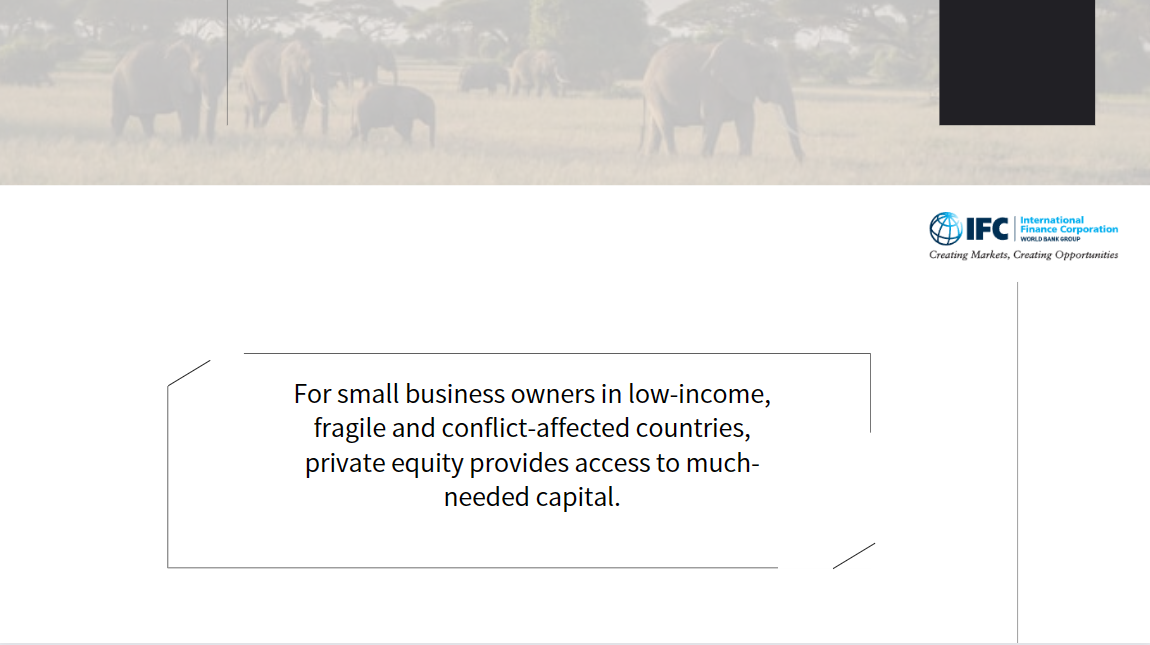
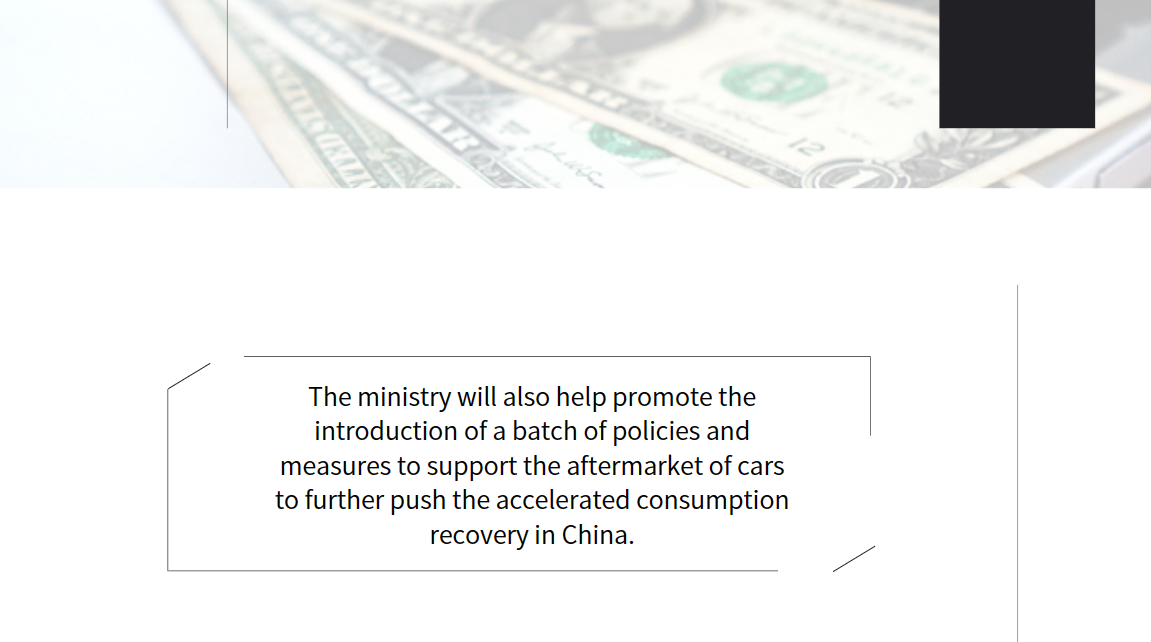
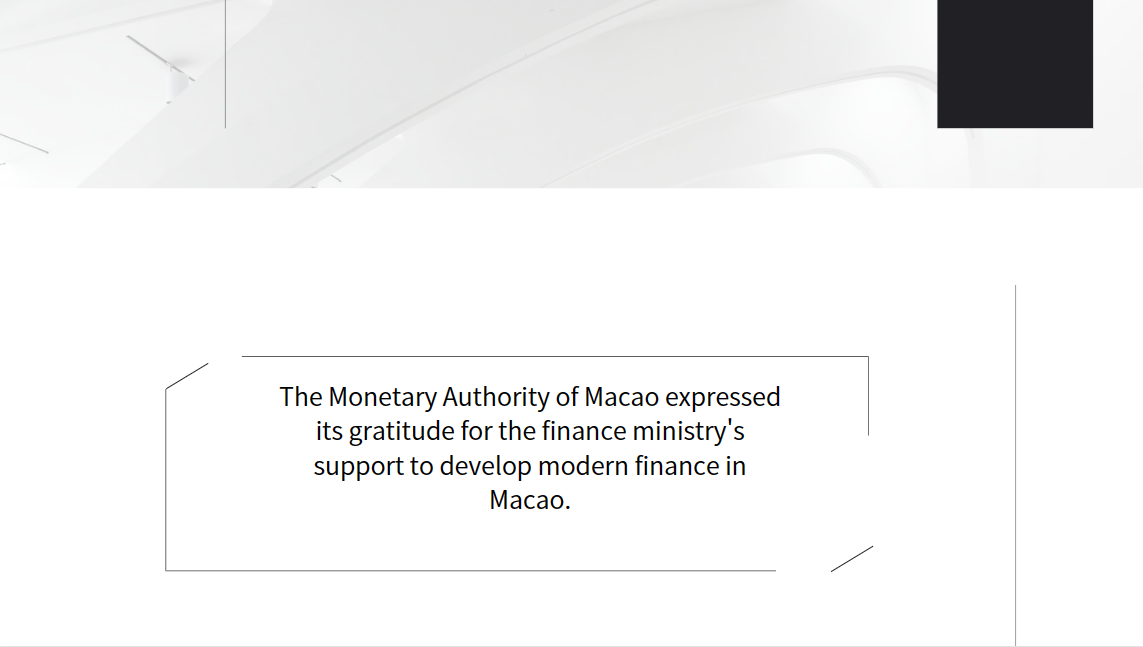
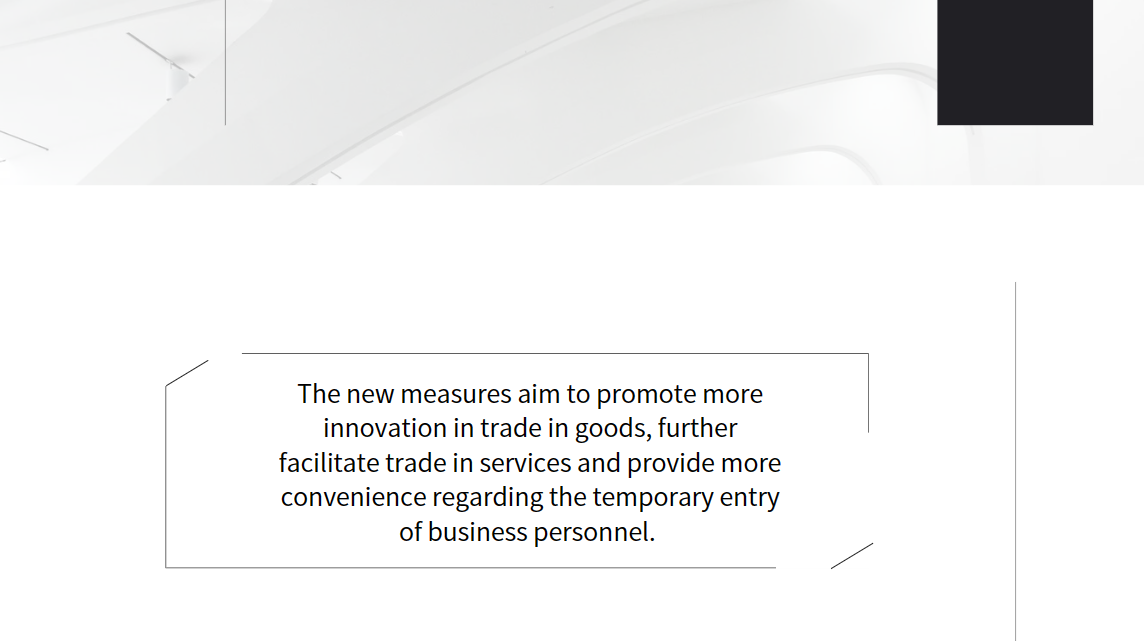



























First, please LoginComment After ~